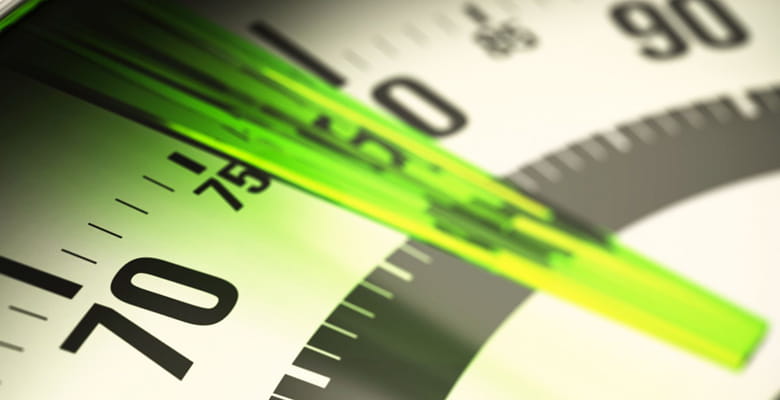Exercise training won’t show on scales but will improve health

Using scales to see if your two months of exercising has paid off might sound like a simple and logical step but LJMU Professors Thijssen and Green say it’s likely your scales will deliver a disappointing message.
Together with their colleagues from Radboud University Nijmegen (Netherlands), Professors Thijssen and Green compared a large number of studies to get a better understanding of the impact of exercise training on body weight and body composition.
Published in the journal Obesity Reviews, their research found that carrying out two to six months of endurance training causes no or minimal reduction in body weight (0-4 kg). In addition to changes in weight, the researchers also examined changes in visceral fat, which is far more important than body weight in predicting the development of type 2 diabetes or cardiovascular disease.
They found that, after two to six months of endurance training, visceral fat was markedly reduced. In the absence of a change in body weight, a 6% reduction was found in visceral fat. Moreover, every 1% reduction in body weight was associated with a 3% reduction in visceral fat.
Professor Thijssen commented: “These results clearly demonstrate that the powerful effect of exercise training on your body composition cannot be detected by your weighing scale. Don’t let your weighing scale mislead you, especially when exercise training caused you to be fitter, resulted in a better fit in your old jeans and markedly improved your health risks.”
The full paper, entitled ‘A systematic review and meta-analysis on the effects of exercise training versus hypocaloric diet: distinct effects on body weight and visceral adipose tissue’ is available to read online.
The story received national coverage in the Daily Mail and the Mail Online.


